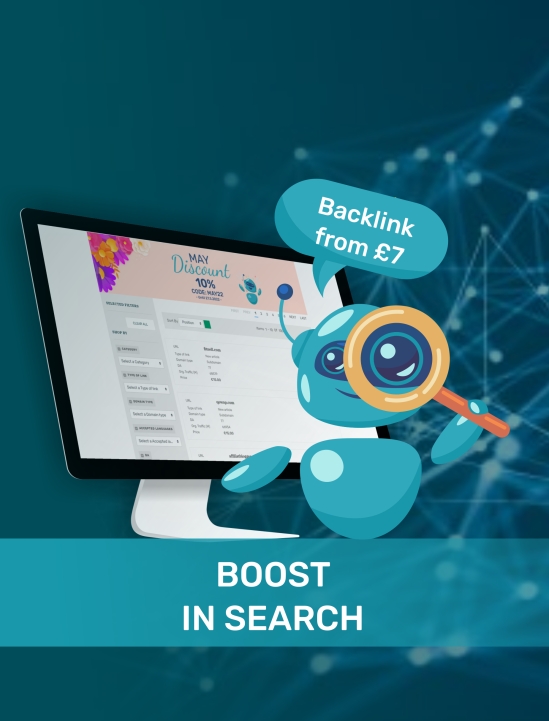When it comes to tackling tough cleaning jobs on commercial or residential properties, having the right pressure washing equipment can make all the difference. Whether you’re cleaning building exteriors, sidewalks, driveways, vehicles, or industrial surfaces, professional-grade tools can significantly improve both the speed and quality of your work.
But with so many models and configurations on the market, how do you know which pressure washing equipment is right for you? Let’s break down the essential features that separate professional-grade gear from basic consumer models.
1. PSI and GPM Ratings: Know Your Power
Two of the most important performance metrics in pressure washing equipment are:
• PSI (Pounds per Square Inch): This measures the pressure level of the water. Higher PSI means more force, which is useful for removing stubborn dirt or stains.
• GPM (Gallons per Minute): This measures the water flow. Higher GPM means you can clean larger areas faster.
For light-duty tasks, 1,300–2,000 PSI might be enough. But for professional cleaning services, machines with 3,000+ PSI and 4+ GPM are typically preferred for efficiency and power.
2. Hot Water Capability
For grease, oil, and industrial cleaning jobs, hot water pressure washers outperform cold water systems. Heat helps break down contaminants and sanitize surfaces more effectively, making hot water machines an essential tool in restaurant, fleet, or industrial environments.
3. Engine Type: Gas vs Electric
• Gas-powered units offer greater mobility and higher power output, making them ideal for outdoor and high-demand applications.
• Electric units are quieter, cleaner, and better suited for indoor or smaller-scale jobs.
The choice depends on your environment and mobility needs, but for heavy-duty commercial use, gas is often the go-to.
4. Frame and Build Quality
Durability is non-negotiable in professional settings. Look for:
• Steel-reinforced frames
• Pneumatic tires for rough terrain
• Corrosion-resistant fittings
• Welded hose racks and protective cages
Quality pressure washing equipment should withstand long hours, transportation, and frequent use in varied environments.
5. Hose Length and Material
A long, reinforced hose improves flexibility and reach without constantly moving the base unit. Look for:
• Hoses 50–200 feet in length
• High PSI ratings
• Non-marking, abrasion-resistant covers
This allows operators to clean multi-story buildings, rooftops, or fleet vehicles with ease.
6. Nozzle Variety and Accessories
The right nozzle can change everything. Choose pressure washing equipment that includes multiple quick-connect nozzles (0°, 15°, 25°, 40°, soap) to match the surface and desired spray pattern.
Other valuable accessories:
• Surface cleaners
• Telescoping wands
• Hose reels
• Chemical injectors
• Remote controls
Customization is key—especially when you’re operating in varied environments.
7. Custom Builds for Specialized Needs
Not every job fits into a standard box. For that reason, many professionals turn to custom solutions like those offered at J. Racenstein’s ProTool Division. These tailor-made setups can include skid mounts, trailer systems, tank integrations, and filtration—built specifically for your business model.
Custom pressure washing equipment setups are ideal for:
• Mobile cleaning businesses
• Construction and restoration teams
• Property management firms
• Municipal maintenance crews
8. Water Source Compatibility and Recovery
If you’re working in areas without direct water access, a system with a water tank or reclaim system is a must. Some jobs may also require water recovery to stay compliant with environmental regulations—especially in urban areas.
9. Safety and Ergonomics
Long cleaning sessions can be physically demanding. Look for features like:
• Easy-grip, low-vibration spray guns
• Heat shields around hot components
• Easy-access controls and gauges
• Secure hose management
Well-designed pressure washing equipment not only performs better—it also reduces fatigue and lowers the risk of injury.
Final Thoughts
Choosing the right pressure washing equipment is an investment in quality, productivity, and long-term performance. Whether you're expanding your cleaning service or upgrading existing tools, the features you choose will directly impact your efficiency, results, and reputation.
Before making a purchase, evaluate your typical jobs, usage frequency, and working conditions. And if off-the-shelf options don’t fully meet your needs, explore a custom build that aligns with your business goals.
For expertly designed custom solutions that combine power, flexibility, and reliability, trust the professionals at J. Racenstein’s ProTool Division.



